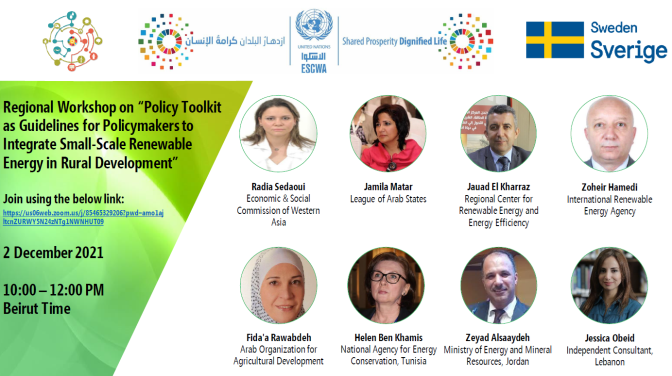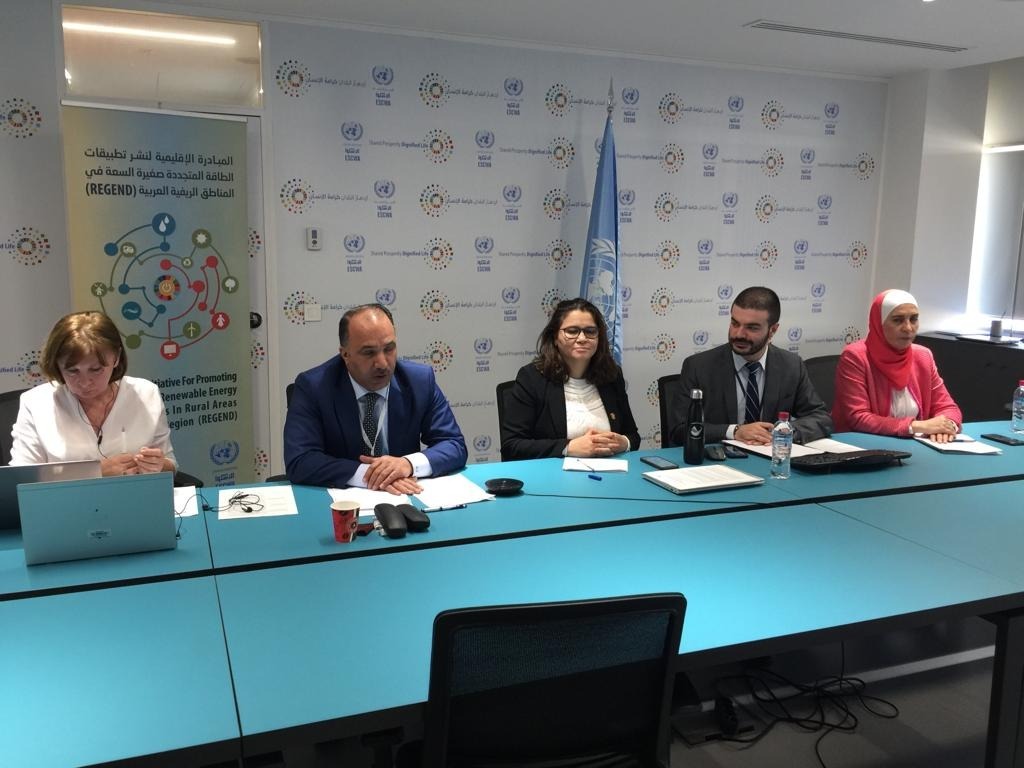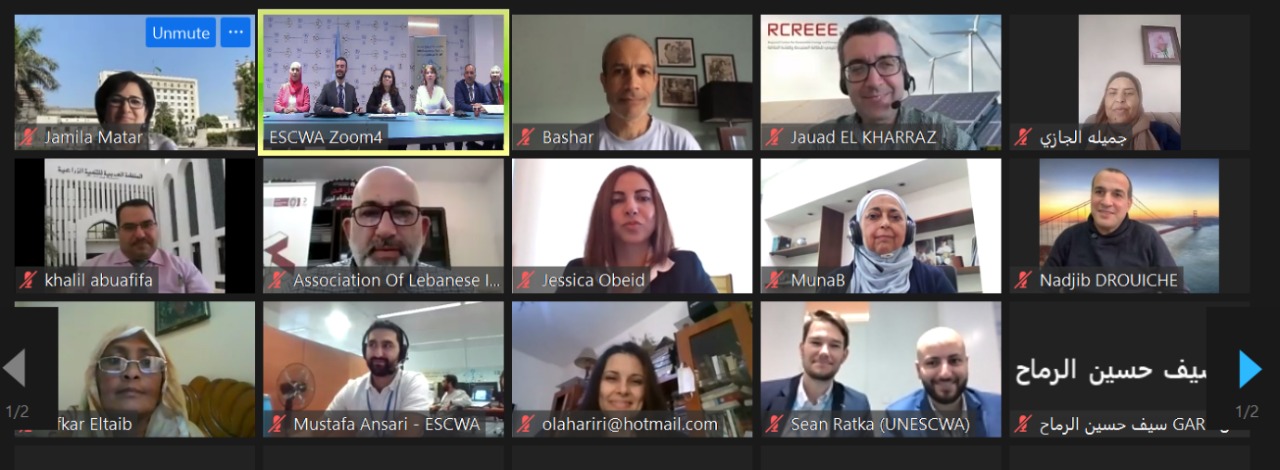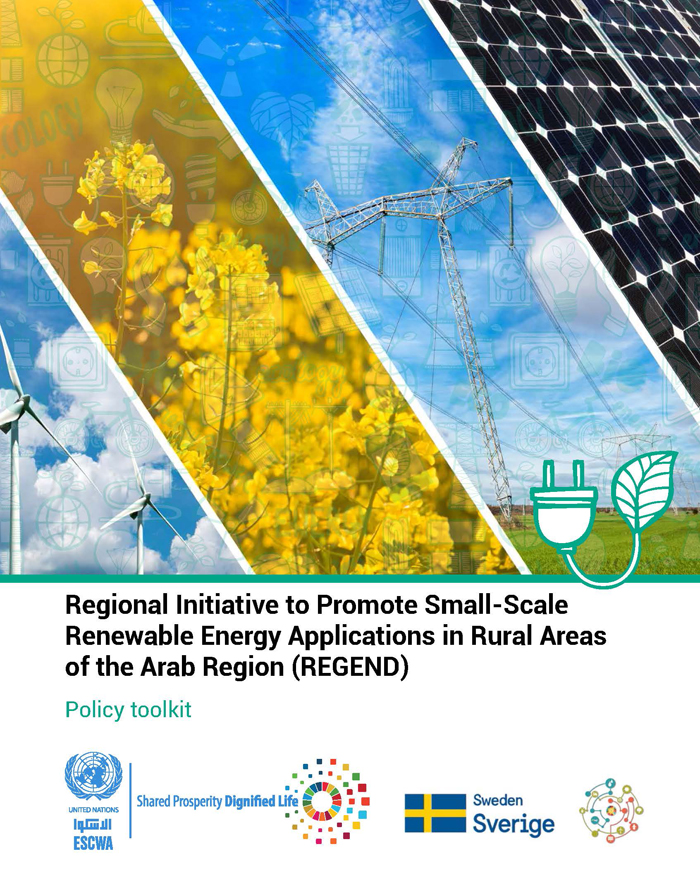Key messages from the Regional Workshop on “Policy Toolkit as Guidelines for Policymakers to Integrate Small-Scale Renewable Energy in Rural Development
- Focus on education as an enabler of rural women’s empowerment and economic development.
- Leverage the power of renewable energy to pioneer and expand new economic activities in rural areas.
- Produce and disseminate guidelines for rural areas to increase financing from institutions and private investors.
- Guide municipalities, NGOs and civil society in how to bring together stakeholders to create local cooperatives in order to leverage economies of scale.
- Integrate renewable energy technologies with rural development policy and environmental management and facilitate private sector investment, raise awareness and improve communication and data collection.
- Produce pilot projects in agriculture to test new and innovative renewable-energy-based solutions for irrigation and other applications.
- Mandate recurring quality control training sessions for companies, engineers, and technicians to increase their knowledge and efficiency as a prerequisite for license renewal.
- Create a strategic framework for an Arab strategy on equitable rural renewable energy access and development that considers climate change and food security.



